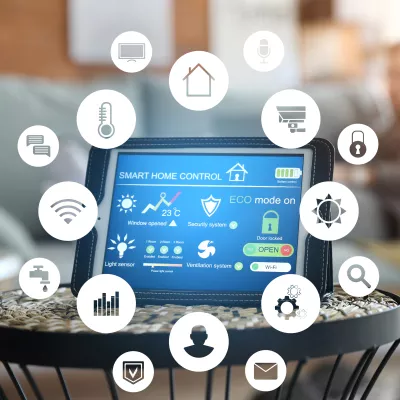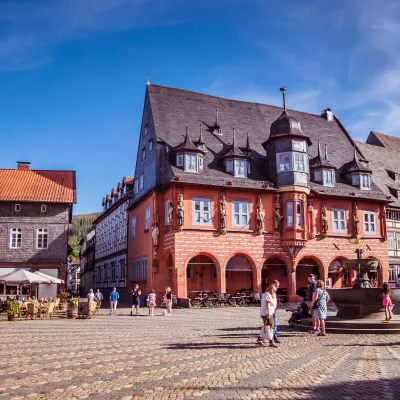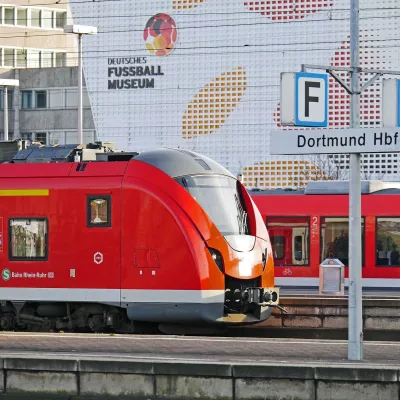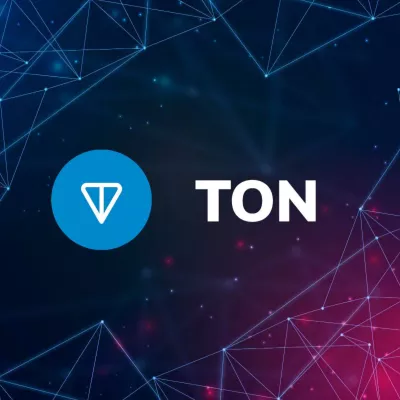Visa requirements and residence permits
To obtain a work visa in Germany, you will need: a valid passport, biometric photos, proof of professional qualifications (e.g., diplomas, certificates), a work contract or written job offer from an employer in Germany, proof of financial independence, and medical insurance for the duration of your stay. For EU citizens, as well as for citizens of countries with which Germany has a visa facilitation agreement (e.g., the USA, Canada), entry and work commencement are possible without a visa, but they require registration and obtaining the appropriate residence permit within 90 days after entry.
Differences in qualifications
Qualifications obtained outside of Germany require official recognition. Professional qualification usually requires a minimum of two years of training. For higher education, you must have a degree from an accredited university. The process of recognizing qualifications varies depending on the profession and may include checking curricula, comparing educational standards, and even additional training. Platforms such as ANABIN and ZAB provide information and support in this process.
Employment
To gain employment permission in Germany, you must fulfill the following conditions: recognized qualification, valid job offer, and for regulated professions—a corresponding license to practice the profession. Additionally, foreign specialists must meet general requirements such as having a valid passport, means of subsistence, and, in some cases, proof of housing.
EU Blue Card
The EU Blue Card is granted to highly qualified professionals who have a work contract with a minimum annual salary that is regularly reviewed. Blue Card holders are entitled to permanent residency after 33 months of work, or 21 months if they possess German language skills at the B1 level. Also, the Blue Card facilitates the family reunification process and provides more flexibility in changing jobs and moving within the EU.
Employment and social insurance
Employment in Germany requires participation in the social insurance system, which provides accident insurance, pension insurance, health insurance, unemployment insurance, and care need insurance. There are special agreements for seconded workers that regulate their social insurance.
Employment in the ICT sector
ICT specialists can take advantage of simplified procedures for obtaining a work permit if they have the relevant experience and meet the salary requirements. Knowledge of the German language may not be required if the employer confirms that knowledge of English is sufficient for the work.
Family reunification
For family reunification, the specialist must prove that they can support their family and provide adequate housing. Language requirements for spouses may be lowered if the main applicant has an EU Blue Card or a highly qualified job.
Job search and study
To look for a job in Germany, you can obtain a job seeker visa, which is valid for six months. Students in Germany are allowed to work up to 120 full or 240 half days per year. University placement is also possible with the appropriate student residence permit.
Support and consulting
Support and consulting can be obtained on the official portals "Make it in Germany" and "Anerkennung in Deutschland", which provide information about qualification recognition, immigration requirements, and the integration process. Consultation centers and hotlines are available for personal assistance in the adaptation process and recognition of qualifications.
This is a simple way to ensure a healthy and productive garden and orchard.
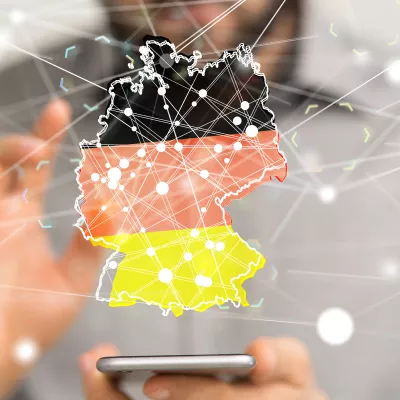


 Українська
Українська
 Русский
Русский
 Deutsch
Deutsch
 Polski
Polski
 Magyar
Magyar
 Ελληνικά
Ελληνικά
 Dansk
Dansk
 Español
Español
 Italiano
Italiano
 中文(简体)
中文(简体)
 한국어
한국어
 Latviešu
Latviešu
 Lietuvių
Lietuvių
 Nederlands
Nederlands
 Norsk (Bokmål)
Norsk (Bokmål)
 Bahasa Indonesia
Bahasa Indonesia
 Български
Български
 Português
Português
 Română
Română
 Slovenčina
Slovenčina
 Slovenščina
Slovenščina
 Türkçe
Türkçe
 Suomi
Suomi
 Français
Français
 Čeština
Čeština
 Svenska
Svenska
 Eesti
Eesti
 日本語
日本語











